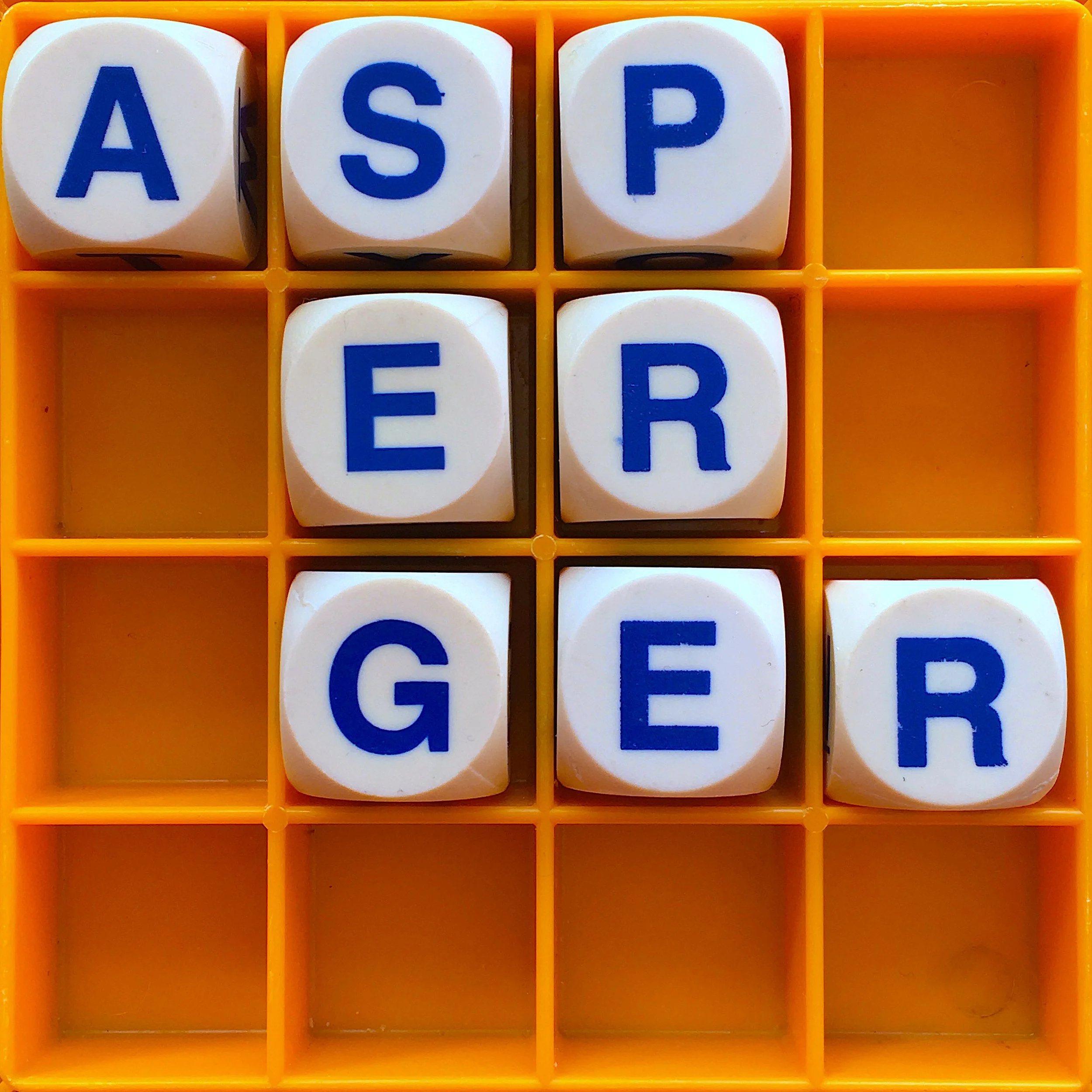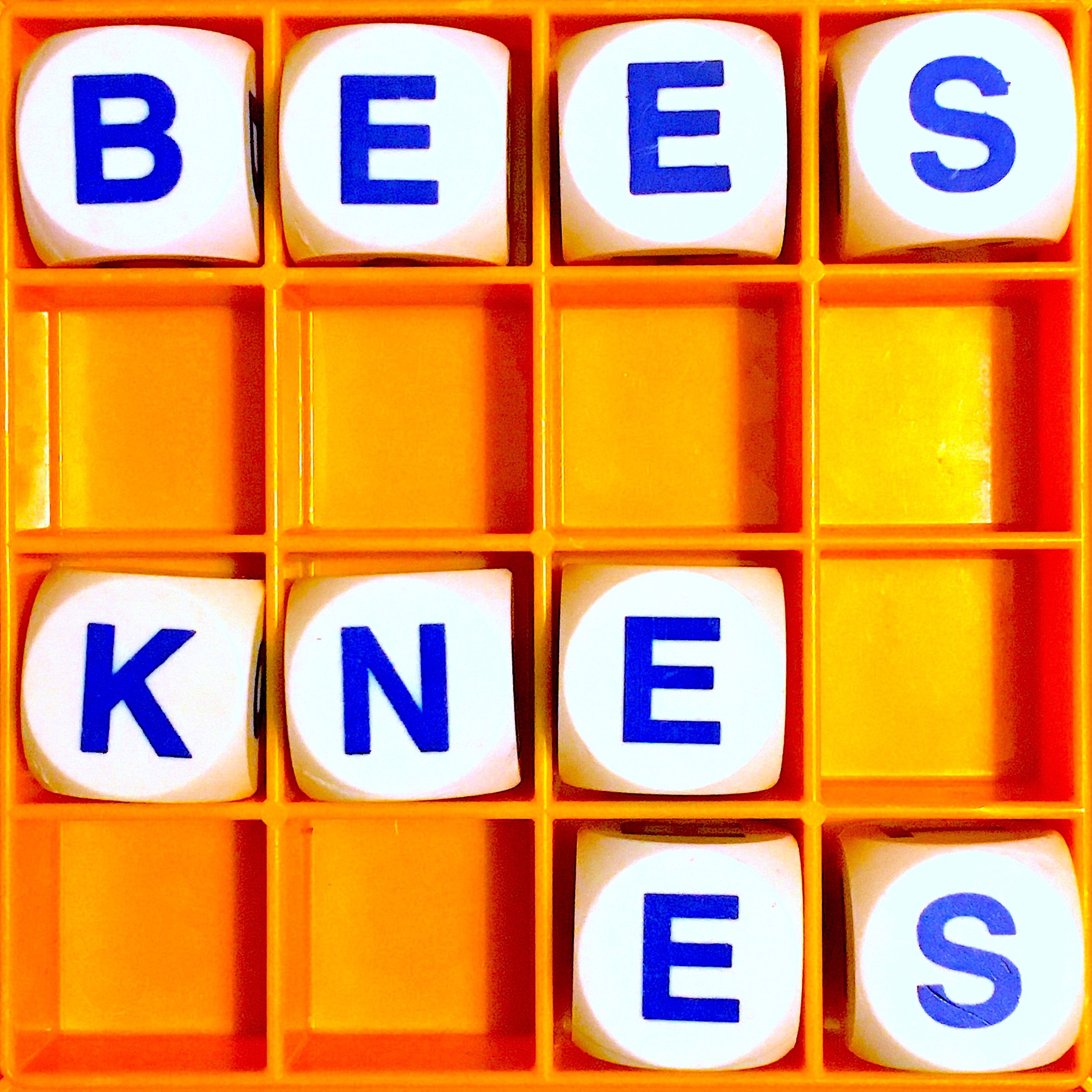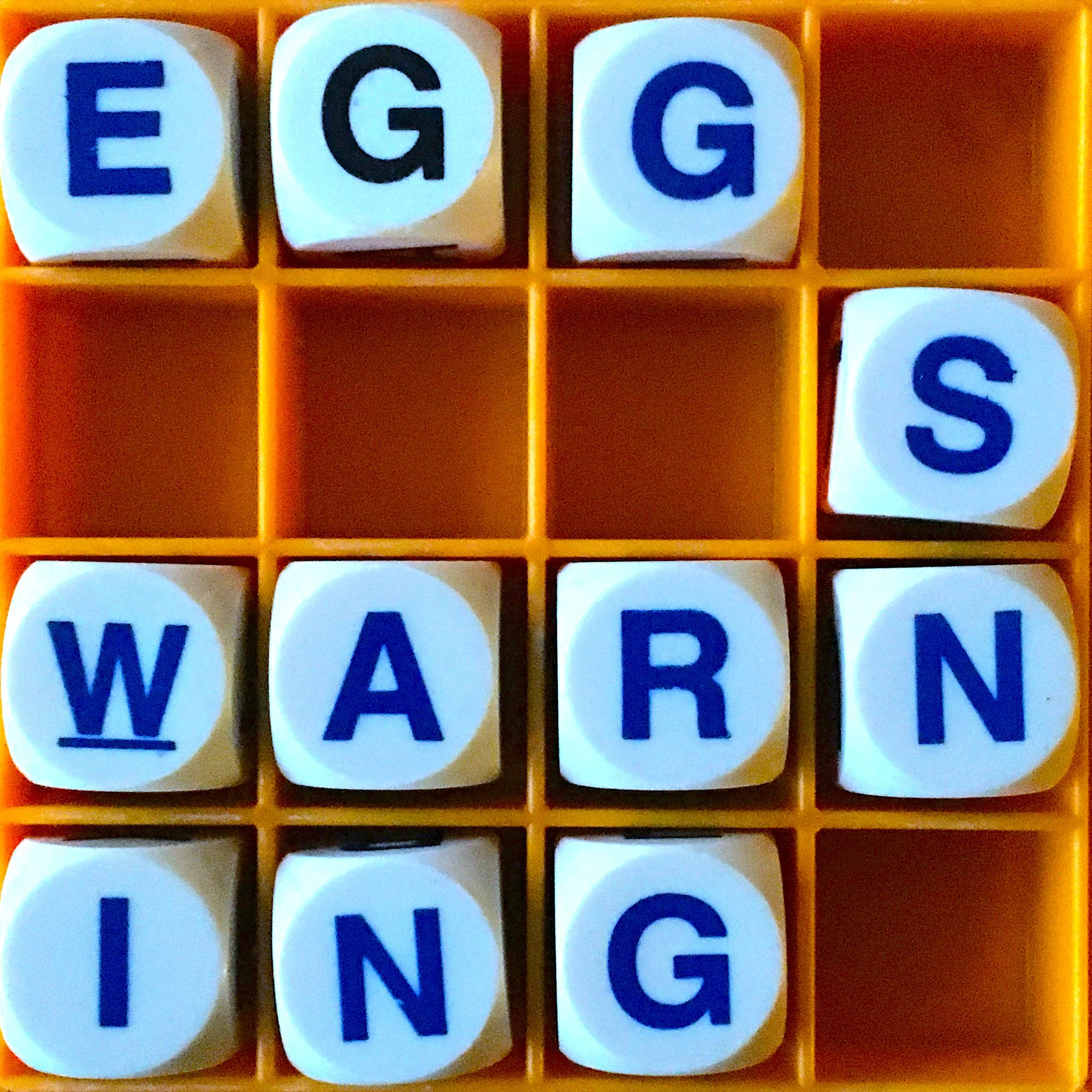"If you grow up being told that one of your first languages, Singlish, is actually a bad version of an already existing language, you kind of get this sense that “I'm just bad at language,” says Bibek Gurung, a former linguist who grew up in Singapore speaking Singlish with his family and friends, while schools and the government tried to quash it. "Language is a fundamental human skill. And to just have this sense that you're bad at this very fundamental skill really does a number to your self esteem and your abilities to communicate in general."
Read moreAllusionist 180. Project ENABLE
Sterling Martin was in grad school, studying C. elegans worms, when COVID19 hit and suddenly he found himself in lexicography, as part of a team creating a Navajo-English dictionary of science terms.
Read moreAllusionist 173. Death
"You can't redead the dead by you saying something shit," says Cariad Lloyd of Griefcast and author of You Are Not Alone; nevertheless when you're bereaved, people still are usually so nervous to say the wrong thing that they often don't say anything at all. And especially not the word 'dead'. Maybe what we need, says council funeral officer Evie King, author of Ashes To Admin, is a "jazzy snazzy term for death, the 'bottomless brunch' of death..."
Read moreAllusionist 163. Rhino Borked Guy
Provoked by current events, we've got three political eponyms for turmoiled times. Get ready for explosives, presidential pigs, Supreme Court scrapping, and wronged rhinos.
Read moreAllusionist 158. Creature Quiz!
There's lots of fun etymology of creatures and a lot of fun etymology derived from creatures, and now it is gathered into this fun playalong quiz about animal etymologies!
Read moreAllusionist 155. The Tiffany Problem
The name Tiffany has been around for some 800 years. But you can't name a character in a historical novel 'Tiffany', because people don't believe the name is old. Science fiction and fantasy author Jo Walton coined the term "The Tiffany Problem" to express the disparity between historical facts and the common perception of the past.
Read moreAllusionist 154. Objectivity
Couple of easy straightforward questions for us to chew on: 1. What is ‘objectivity’ supposed to mean? And 2. does it exist? Lewis Raven Wallace, a journalist and audiomaker fired from his public radio job over his blog post entitled ‘Objectivity is dead and I'm okay with it’, considers the principals and practice of objectivity, and what might be fairer ones.
Read moreAllusionist 152. Asperger
Hans Asperger would have been merely "a footnote in the history of autism", so why did he get to be the eponym in Asperger's syndrome? Because along with the usual problems medical eponyms pose, and his work not really earning him the honour, he collaborated with Nazis and sent children to a hospital where they would be experimented on and even killed.
Activist, writer and academic Morénike Giwa Onaiwu discusses the stigma around terms like Asperger’s syndrome and autism, and historian Edith Sheffer talks about Hans Asperger and child psychiatry in Nazi Vienna.
Read moreAllusionist 151. The Bee's Knees
Bad hats, cat's pyjamas, banting, goops, creatures, and playing possum - what WERE people going on about during the Golden Age of detective fiction? Caroline Crampton of Shedunnit podcast and I get sleuthing into the slang of the mystery novels of the 1920s and 1930s.
Read more









